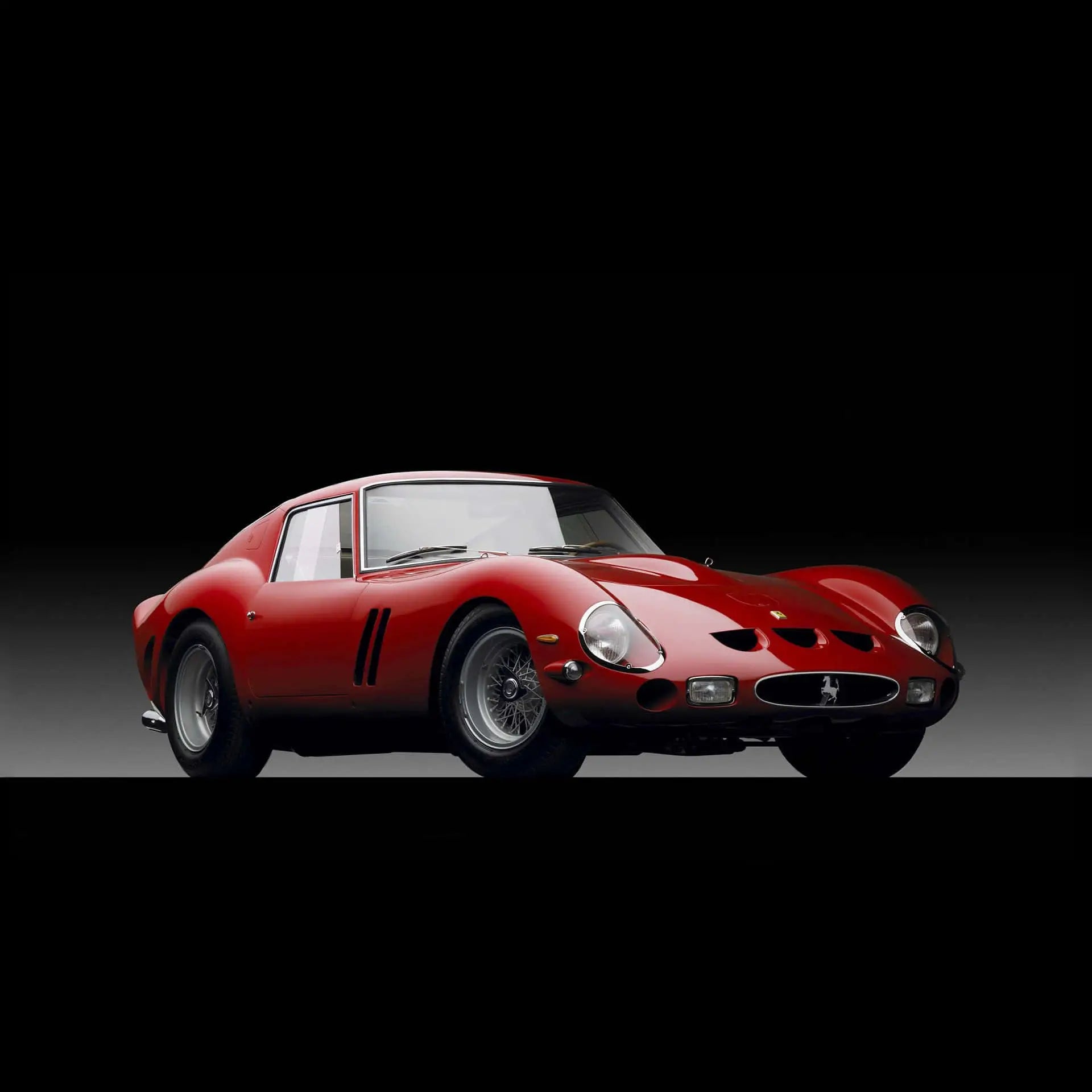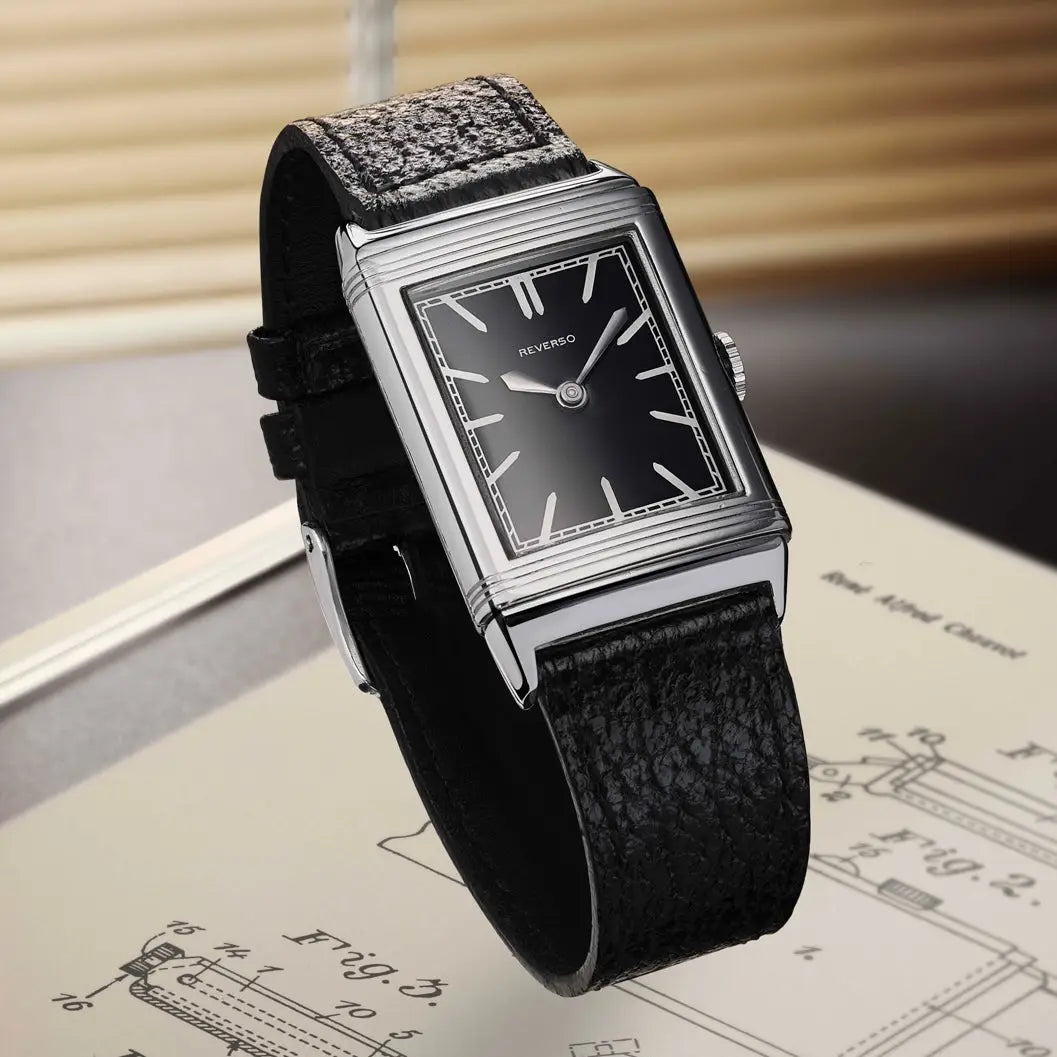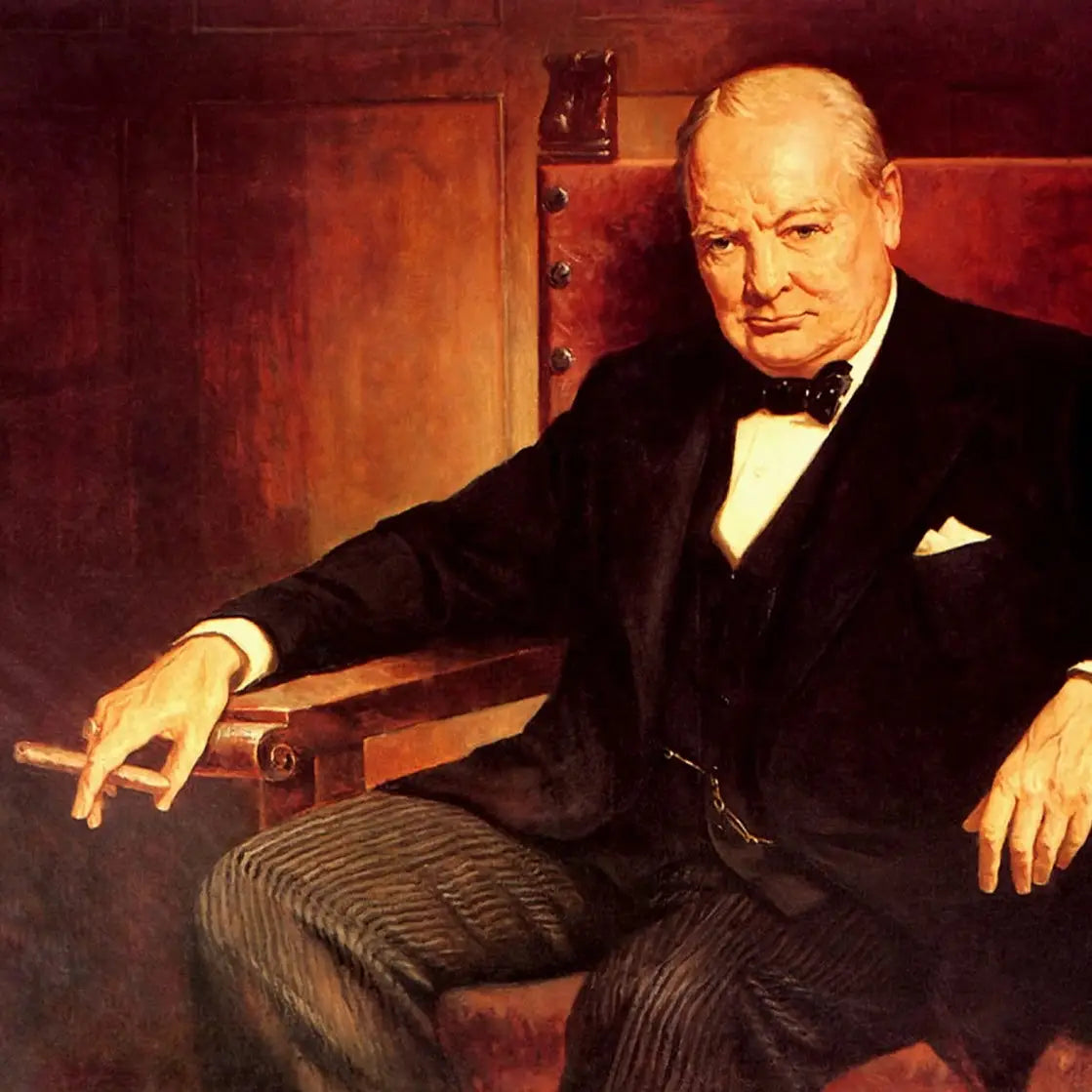
Electrification vs. Mechanics: The Decline of the Authentic Driving Experience
With the announcement that Jaguar will halt production for a year before transitioning entirely to electric vehicles, and Aston Martin declaring itself fully electric by 2026, an uncomfortable question arises: what will happen to the majestic roar of the V12, the backbone of the classic driving experience?
This development is part of a broader trend among major car manufacturers. Ferrari has announced its first fully electric model for 2025. A decision that may seem inevitable given current environmental standards, but for many, including myself, it feels like a final break with the past—a past where driving was synonymous with technical refinement and sensory pleasure.

Do you remember the era of the Ferrari 250 GTO? The GTO was more than just a means of transportation; it was a technical marvel designed with a clear mission: to dominate on races like the 24 Hours of Le Mans and the FIA World Sportscar Championship. Giotto Bizzarrini designed the GTO with speed and competition in mind, specifically targeting rivals like the Jaguar E-Type. Although the FIA required at least 100 units for homologation, Ferrari produced only 36, arguing that the GTO was an evolution of the 250 GT SWB and thus classified for the race. This move secured Ferrari three consecutive FIA titles with the GTO.
Where cars were once designed for speed, performance, and innovation, the priorities now seem to lie in meeting emission standards and transitioning to electric mobility. Bentley has set a goal to be fully electric by 2030, Lamborghini is talking about hybrid and electric models from the end of 2024, and Porsche has already established a strong foothold in the electric segment with the Taycan. This is presented as a noble pursuit of a more sustainable future, but one may rightly wonder what is being lost in the process.
The driving experience, as we once knew it, is fading. The thrill of navigating your four-wheeled masterpiece through the winding mountain roads of the Côte d'Azur—a symphony of sound, motion, and engineering—risks being replaced by clinical silence and a dashboard display indicating the remaining battery life.
Electrification may be the mantra of today, but is it truly the solution for tomorrow? I have my doubts. Perhaps in twenty years' time, hydrogen will have its moment—pardon the pun. A technology that could once again let us enjoy cars that truly drive, without artificial sounds pumped through speakers. Until then, we are left with nostalgia for an era when the car was more than just a means of transport—it was an experience, a technical triumph that engaged all the senses.



